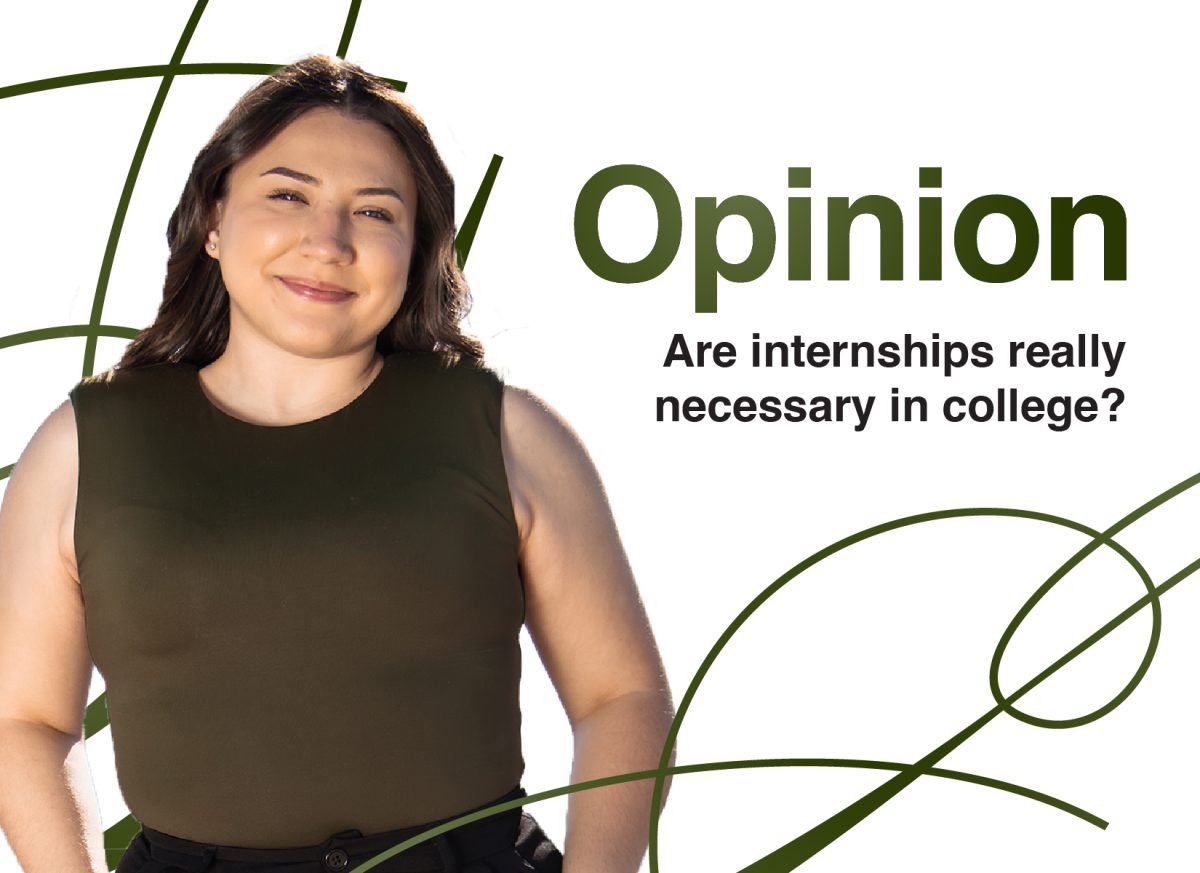It has been six months since S.B. 8 went into effect in Texas. It has been about three months since the U.S. Supreme Court allowed it to stay in effect for the time being. The month of March is supposed to celebrate women and the strides we have made, yet here we are watching time reverse itself.
It was in 1973 that a Texas statute on what constitutes the right to abortion was deemed unconstitutional. Norma McCorvey, “Jane Roe,” went to the courts in 1970 after asserting her right to terminate a pregnancy and a woman’s right to her privacy over her body, according to Brittanica.
Although abortion is an issue protected by Roe v. Wade, it is still a state issue that varies. States like Mississippi and Texas have made headlines based on their recent restrictive laws that have been signed into law. These states argue they are pro-life, however, there has not been any compromise for the women impacted by these new abortion laws.
Gov. Greg Abbott of Texas signed into law a bill that prohibits abortions beyond six weeks of pregnancy. The reason this is problematic is because most women do not realize they are pregnant before six weeks. Not only this, but there also are not any stipulations to protect the women carrying to term the product of rape or incest.
Some will argue these women can put their children up for adoption. First, not all children are adopted and can end up in the foster system. Second, this does not prevent hospital bills piling up on women of lower income, especially during a time of inflation and economic strife. And last, and definitely not least, this does not prevent nine to 10 months of trauma from accumulating (yes, for some women this is traumatic).
However, there are women whose lives are being put at risk due to pregnancy complications. Complications that could be remedied by emergency abortions. One of the questions raised by a story covered on NPR’s “Consider This” is how many women can make the trip out of state for those medical needs.
My question is this, if there are able-bodies that can restrict abortion then why are these able-bodies not signing bills to prevent doctors from refusing hysterectomies to women who simply do not want children? Where are the able-bodies who can provide contraception to the communities short on resources? Why isn’t there a better sex education system than “don’t have sex?”
Those in positions of power want to put these restrictions on people, and yet don’t give any options to substitute our rights. Yes, a woman should have a right to her body, especially in circumstances of trauma, like rape and incest.
What does this mean for women going forward? Unfortunately, there are no answers yet. We sit and we wait, however there are some women who simply cannot wait.
Kristen Scheaffer is a staff reporter and may be reached at [email protected].












